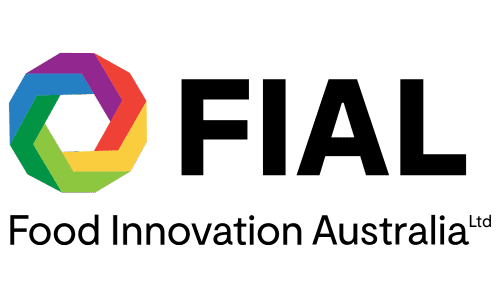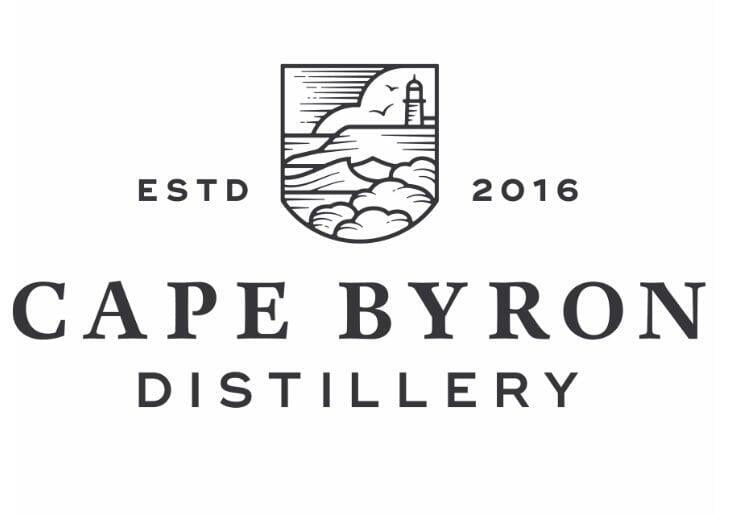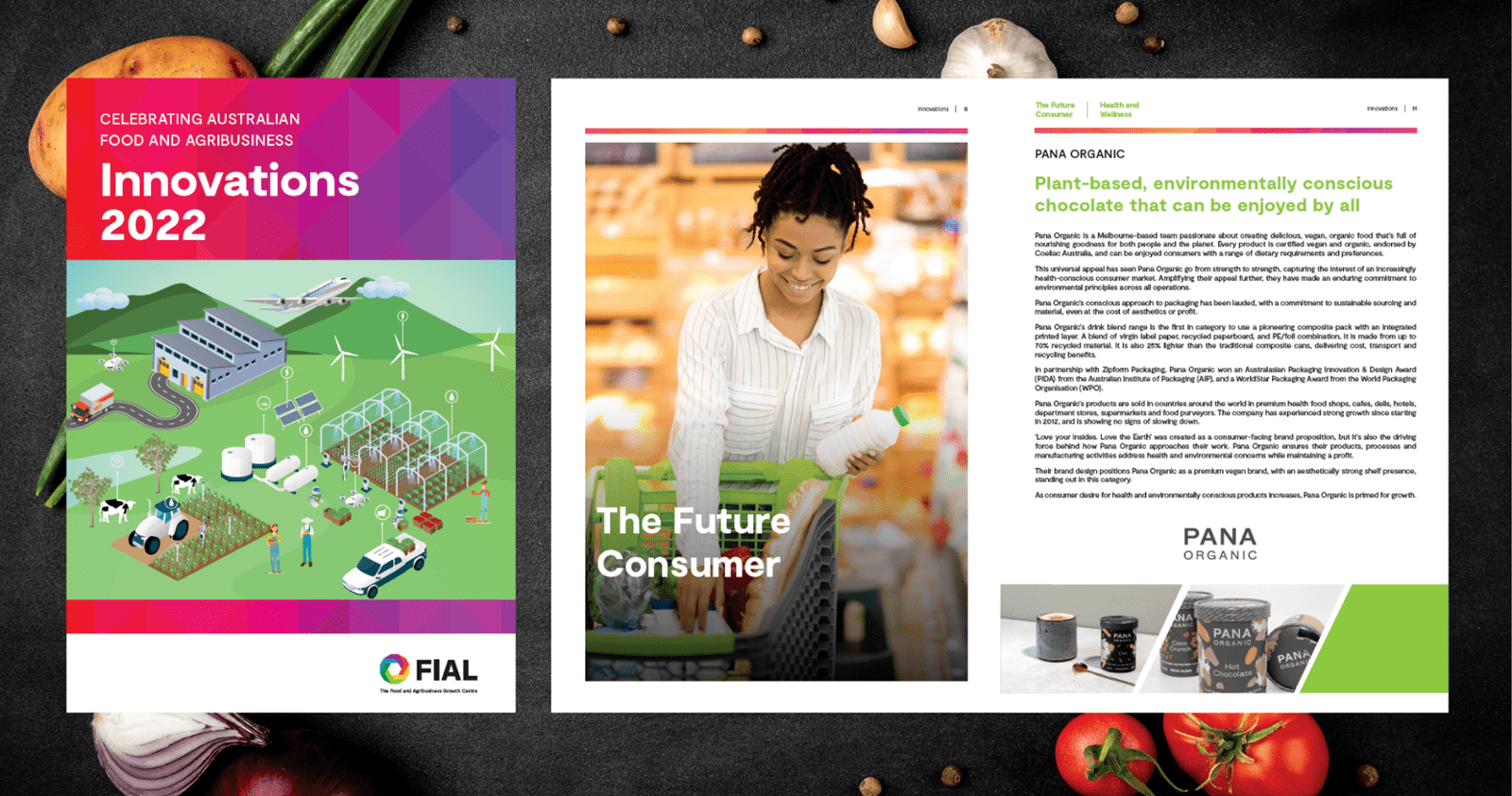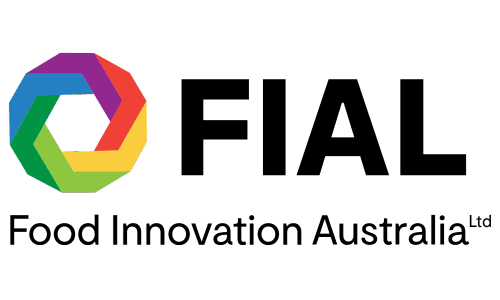Capturing the Prize: the A$200 billion opportunity for Australia's food and agribusiness sector/ Food Security and Sustainability / Soil, water and land management
Opportunities to incentivise and monetise on-farm soil, land and water management practices that deliver soil rehabilitation, increased biodiversity and/or improved value-added primary produce.
Cape Byron Distillery’s journey into sustainability is pivotal in its decision-making process. The company continually investigates new innovative methods to create positive change for the business and local community, and lays the foundations as an industry leader in sustainability for distilleries across Australia.
Cape Byron Distillery was founded by the Brook family in 2016 in the hinterland of Byron Bay, Australia. The property was once part of the largest stand of subtropical rainforest ‘The Big Scrub’, but over the last century roughly 99 per cent has been decimated by industrialised agriculture. The Brook family has worked tirelessly to regenerate their 95-acre property by planting over 35,000 native rainforest trees and 2,500 native macadamia trees. Today they have a thriving ecosystem with over 100,000 self-seeded rainforest trees that serve as essential habitats for more than 24 native bird species and countless native arboreal and terrestrial fauna, including the vulnerable koala. Indigenous foods and flavours from the rainforest form the framework and inspiration for all their products.
Cape Byron Distillery has implemented several goals to ensure it continues to improve on sustainability. These goals include improving rainforest regeneration and biodiversity protection, and eliminating negative impacts from production. Furthermore, some goals are also set to encourage its neighbours and suppliers to follow suit and consider the environment in everyday decision-making.
While Cape Byron Distillery was born from rainforest regeneration and environmental sustainability, its journey runs much deeper than just achieving goals. It is an integral pillar of every decision that is made, and its success as a company is measured against it. Like the rainforest, the company is still learning and growing, and its goal is to educate and create a culture of leaders and products that leave the environment in a better position than when it started. Assistance from FIAL has helped fund the development of Cape Byron Distillery’s innovative whisky waste management system.
The current processes of whisky waste management within the global industry involves waste to be carted offsite, put down through trade waste, or poured out onto paddocks. The system being developed by Cape Byron Distillery will be an industry leading innovation in sustainable, on-farm, closed-loop waste treatment, with the outcome of creating a reusable bi-product.
The innovation utilises gravity to flow waste into a specially designed system to naturally and sustainably treat the waste. Once cleaned, the water will be used as an irrigation source on the orchard of 1,200 native Davidson plum tree’s (a native botanical used in the distillery’s gin production).
The distillery currently produces 6,000 – 8,000 litres of waste a week, with production to increase upwards to 25,000 – 30,000 litres within the next two years. Currently waste is irrigated by gravity onto a 100m3 compost pile. While working effectively as a closed-loop waste cycle at this stage, the system is not sustainable for the forecasted growth.
The assistance of FIAL allows Cape Byron Distillery to continue to achieve a closed-loop waste cycle within its gin and whisky distillation and production process while the business scales its production.



